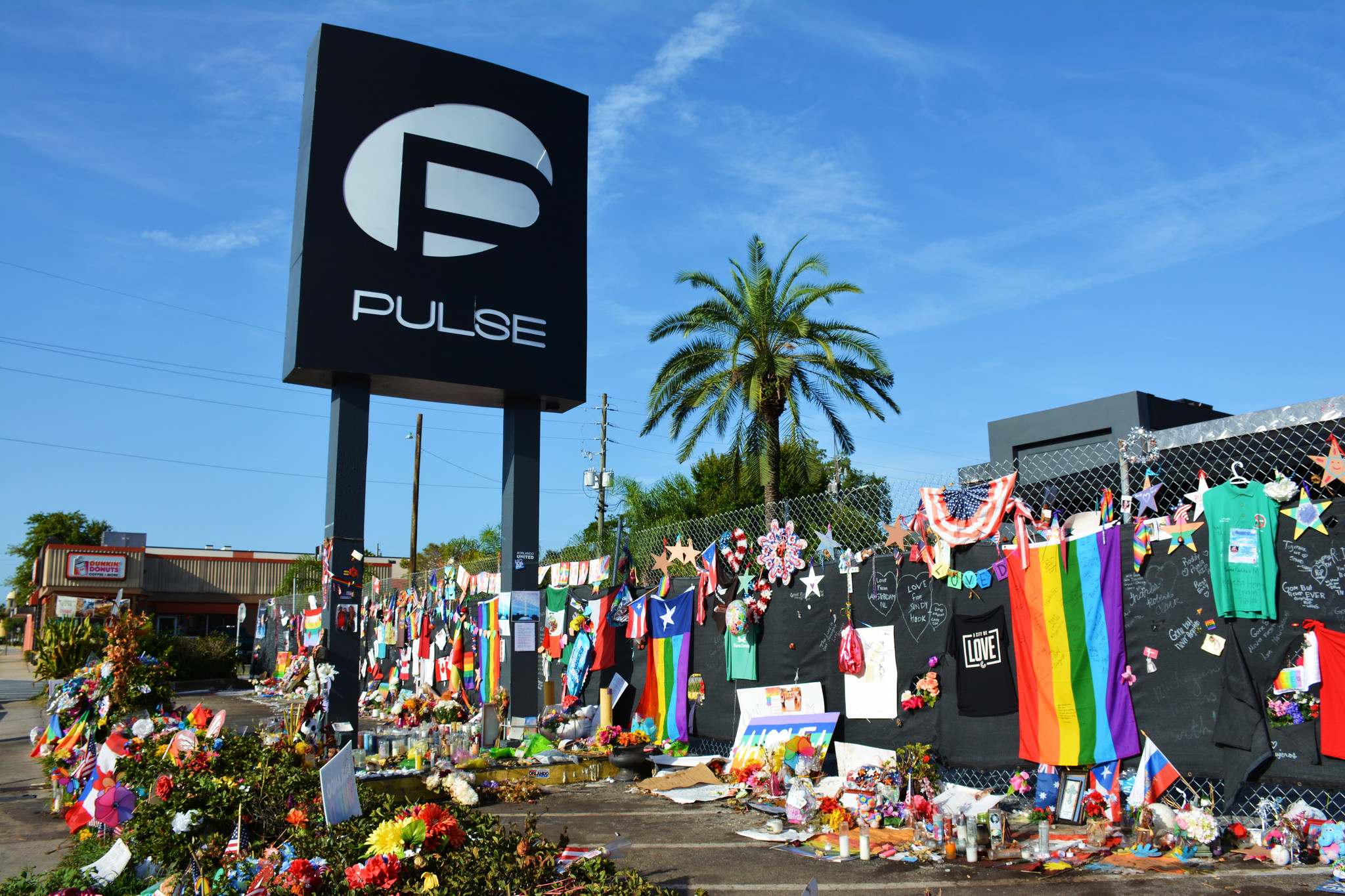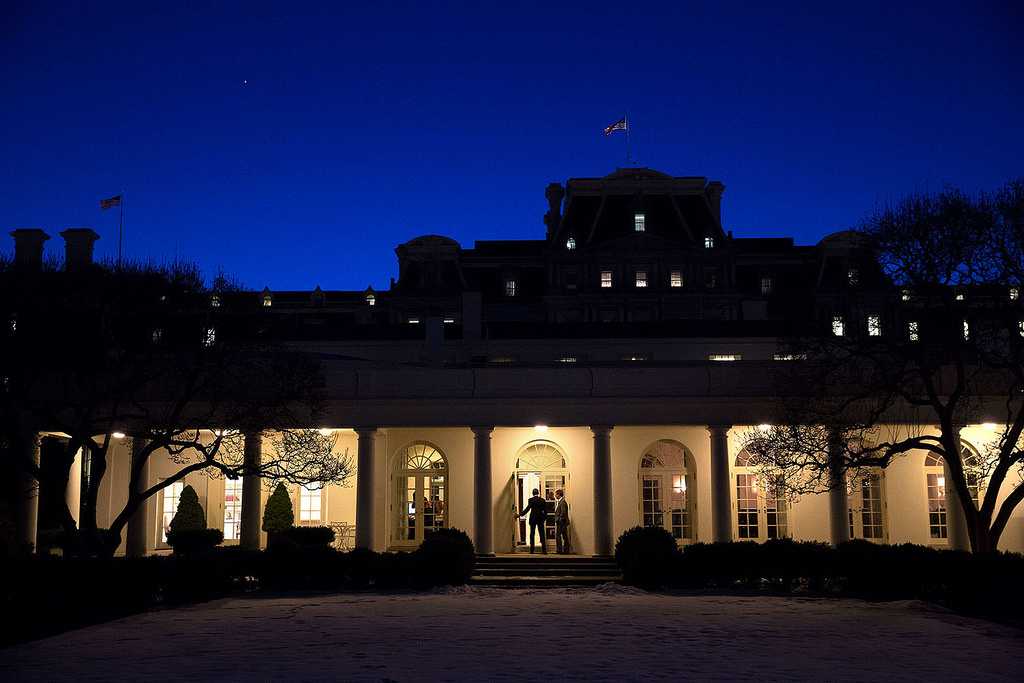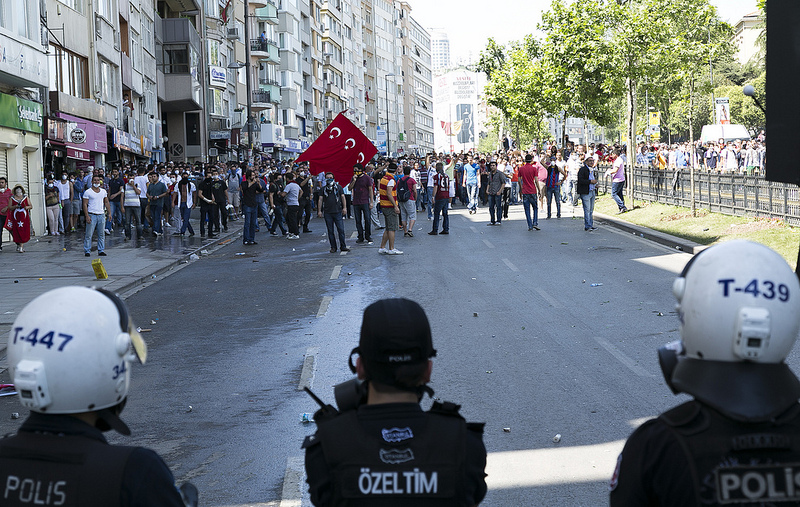By Craig Considine for Denver Dialogues.
Recently, Muslims in the United States have been accused of being sympathetic to – or outright supportive of – acts of terrorism carried out in the name of Islam. For instance, a 2018 report issued by the Department of Justice and Department of Homeland Security pictured Muslims as potential domestic terrorist threats. President Donald Trump used Twitter to amplify the report’s claim that three in four individuals convicted of terrorism-related charges are foreign born nationals.
Years earlier, in a CNN interview during the presidential campaign of 2016, Republican candidate Donald Trump claimed that US Muslims do not report people like Omar Mateen, the murderer behind the Pulse nightclub shooting in Orlando, Florida. Trump ally Franklin Graham echoed this claim in a USA Today op-ed, stating that tens of thousands of US Muslims are not bashful about justifying suicide bombers in the name of Islam. These claims insinuate that Muslims are either silent or complicit in the face of violence, extremism, and terrorism executed by their co-religionists. Is this the case?
In short, no – the facts paint a different picture. US Muslims do condemn acts of terrorism and political violence in the name of Islam. My forthcoming book, Muslims in America: Examining the Facts, explores the veracity of this – and over thirty-one other – controversial claims or beliefs surrounding the Muslim population of the United States. Other falsehoods, half-truths, and misconceptions explored in the book include whether US Muslims are responsible for the majority of terrorist attacks on US soil and whether Muslims prefer to be governed by the Constitution rather than sharia.
In regards to Muslims denouncing terrorism, their condemnations have been collected and documented by Muslims Condemn, a database of all the cases where Muslims have condemned acts of violence done in the name of Islam. Starting as a 712-page Google spreadsheet, Muslims Condemn turned into a website to show people how weak the argument is that Muslims do not condemn – or care about – terrorism.
On the basis of empirical evidence, US Muslims may be even more concerned than non-Muslims about groups such as ISIS and Al-Qaeda. Results from a Pew Research Center survey published in 2017 revealed that 8 in 10 US Muslims (82 percent) said they are either very concerned (66 percent) or somewhat concerned (16 percent) about extremism in the name of Islam around the world. According to an earlier 2009 poll conducted by the Pew Research Center, approximately 6 in 10 (61 percent) Muslims were worried about the potential rise of “Islamic extremism” in the United States.
Of all major religious groups in the United States, Muslims are some of the staunchest opponents of military attacks on civilians. When the Pew Research Center asked in 2017 whether targeting and killing civilians can be justified to further a political or religious cause, 84 percent of US Muslims said such tactics can rarely (8 percent) or never (76 percent) be justified.
Further, Muslim organizations have penned countless op-eds, written books, taken out full-page newspaper ads, and held rallies to condemn terrorism. The Council on American-Islamic Relations (CAIR), a leading civil rights and advocacy organization based in Washington, DC, is a case in point. The CAIR issued a press release in 2015 titled “CAIR’s Condemnation of Terrorism.” The release noted that the organization had issued more than 100 press releases condemning terrorism between the period of 1994 and 2015.
The CAIR issued a statement following the 9/11 attack calling for the swift apprehension and punishment of the perpetrators and encouraged Muslims to offer whatever help they could to the victims and their families. After the more recent Manhattan truck attack by Uzbek national Sayfullo Saipov in October 2017, the CAIR issued a press release condemning the cowardly attack and offered sincere condolences to the loved ones of those killed and injured.
Rather than committing or abating terrorism, the CAIR condemns terrorist groups by name. On the fifth anniversary of the attacks in Madrid, Spain, the CAIR issued a statement saying that the group unequivocally condemns all acts of terrorism, whether carried out by Al-Qaeda, the Real IRA, Hamas, or any other group designed by the US Department of State as a “Foreign Terrorist Organization.” The CAIR’s condemnation formula of terrorism is simple: condemn it whenever it happens, wherever it happens, whoever commits it.
According to Dalia Mogahed, the executive director of the Institute for Social Policy and Understanding, “anyone with an internet connection and a search engine will find that Muslims have and continue to condemn terrorism.” Asking Muslims if they support a group like ISIS is as unwarranted as asking white evangelicals if they support the Ku Klux Klan.
Dr. Craig Considine is based at the Department of Sociology at Rice University. Considine is the author of Muslims in America: Examining the Facts (July 2018), Islam in America: Exploring the Issues (Summer 2019), and Islam, Race, and Pluralism in the Pakistani Diaspora (2017).







